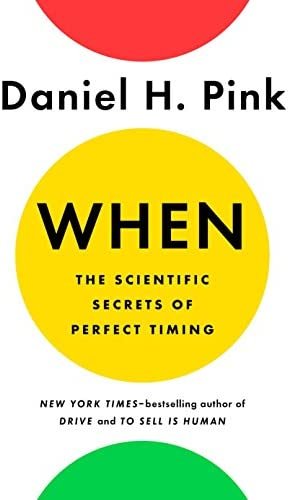The War of Art – by Steven Pressfield
Date read: 4/15/18. Recommendation: 8/10.
Worth the investment for any creative. It's a short read and a manifesto that many hold dear. Pressfield cuts through excuses which embody what he defines as Resistance. He offers blunt advice to eliminate distractions and get on with the work you should be doing. The only thing that matters is sitting down and putting in the effort, every single day. The more you're able to remove your ego from that equation, the less interference there will be. We've all struggled with Resistance in some form–procrastination, fear, low self-confidence, rationalization. The War of Art is a call to overcome that and move yourself into a higher sphere by dedicating uninterrupted time to your craft.
See my notes below or Amazon for details and reviews.
My Notes:
A writer writes with his genius; an artist paints with hers; everyone who creates operates from this sacramental center.
How many of us have become drunks and drug addicts, developed tumors and neuroses, succumbed to painkillers, gossip, and compulsive cell-phone use, simply because we don't do the thing that our hearts, our inner genius, is calling us to?
Any act that rejects immediate gratification in favor of long-term growth, health, or integrity...will elicit Resistance.
The more important a call or action is to our soul's evolution, the more Resistance we will feel toward pursuing it.
Fear doesn't go away. The warrior and the artist live by the same code of necessity, which dictates that the battle must be fought anew every day.
Resistance obstructs movement only from a lower sphere to a higher.
The danger is greatest when the finish line is in sight.
Anything that draws attention to ourselves through pain-free or artificial means is a manifestation of Resistance.
A victim act is a form of passive aggression. It seeks to achieve gratification not by honest work or a contribution out of one's experience or insight or love, but by the manipulation of others through silent (and not-so-silent) threat.
The artist is grounded in freedom. He is not afraid of it. He is lucky. He was born in the right place...The fundamentalist cannot stand freedom. He cannot find his way into the future, so he retreats to the past.
The truly free individual is free only to the extent of his own self-mastery.
If you find yourself criticizing other people, you're probably doing it out of Resistance. When we see others beginning to live their authentic selves, it drives us crazy if we have not lived out our own.
The counterfeit innovator is wildly self-confident. The real one is scared to death.
The professional takes on the assignment that will bear him into uncharted waters, compel him to explore unconscious parts of himself...the professional turns down roles that he's done before. He's not afraid of them anymore. Why waste his time?
Grandiose fantasies are a symptom of Resistance. They're the sign of an amateur. The professional has learned that success, like happiness, comes as a by-product of work. The professional concentrates on the work and allows rewards to come or not come, whatever they like.
Rationalization keeps us from feeling the shame we would feel if we truly faced what cowards we are for not doing our work.
The professional steels himself at the start of a project, reminding himself it is the Iditarod, not the sixty-yard dash. He conserves his energy. He prepares his mind for the long haul.
A pro views her work as craft, not art.
Adversity, injustice, bad hops and rotten calls, even good breaks and lucky bounces all compromise the ground over which the campaign must be waged. The field is level, the professional understands, only in heaven.
The professional is prepared at a deeper level...His goal is not victory (success will come by itself when it wants to) but to handle himself, his insides, as sturdily and steadily as he can.
The ancient Spartans schooled themselves to regard the enemy, any enemy, as nameless and faceless. In other words, they believed that if they did their work, no force on earth could stand against them.
The most important thing about art is to work. Nothing else matters except sitting down every day and trying.
What I call Professionalism someone else might call the Artist's Code or the Warrior's Way. It's an attitude of egolessness and service.
"Whatever you can do, or dream you can, begin it. Boldness has genius, magic, and power in it. Begin it now." -Goethe
Our job in this lifetime is not to shape ourselves into some ideal we imagine we ought to be, but to find out who we already are and become it.
An individual who defines himself by his place in a pecking order will:
-Seek to elevate his station by advancing against those above him
-Evaluate his happiness/success/achievement by his rank within the hierarchy
-Act towards others based upon their rank in the hierarchy
Qualities of a territory:
-A territory provides sustenance
-A territory can only be claimed alone
-A territory can only be claimed by work
-A territory returns exactly what you put in


